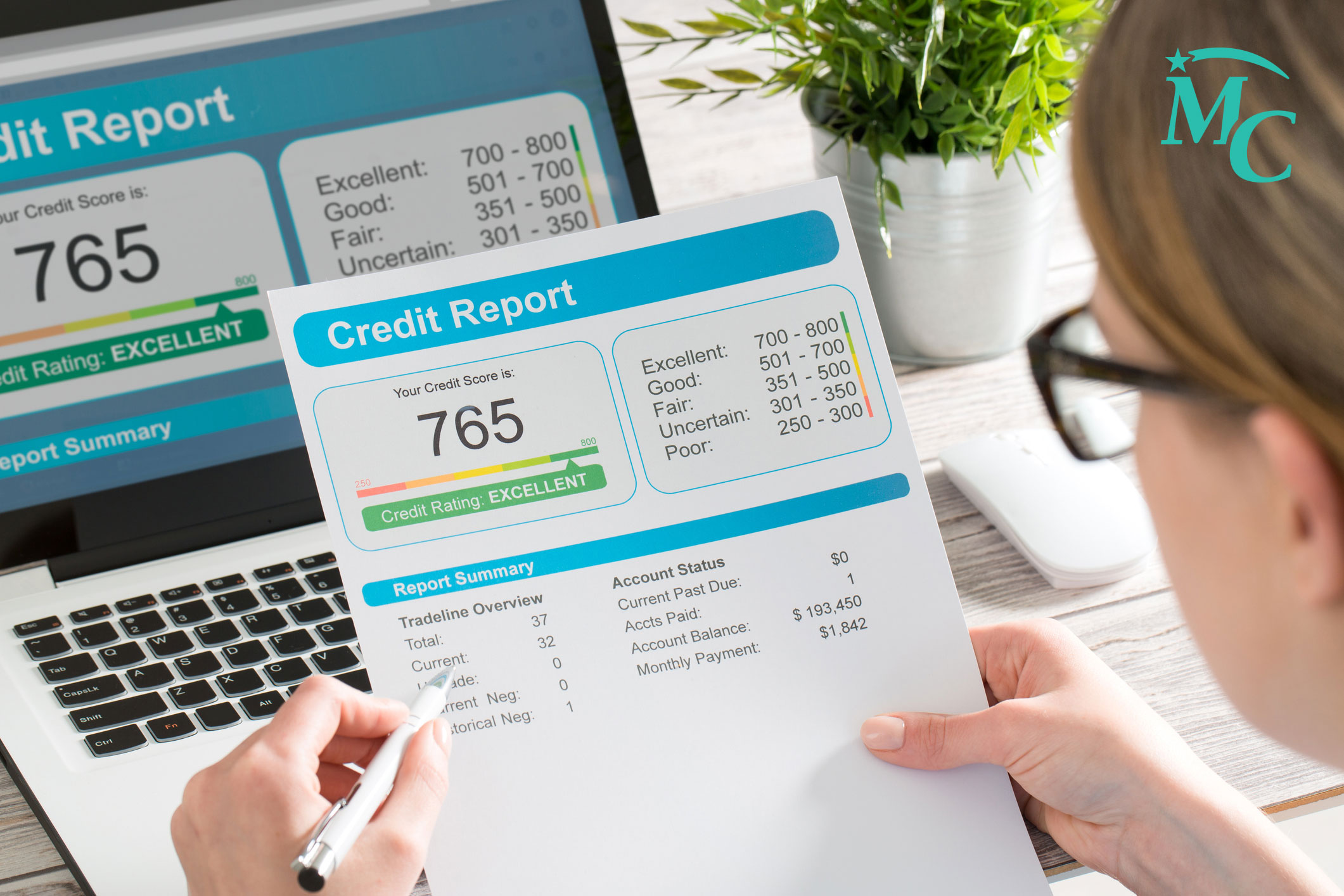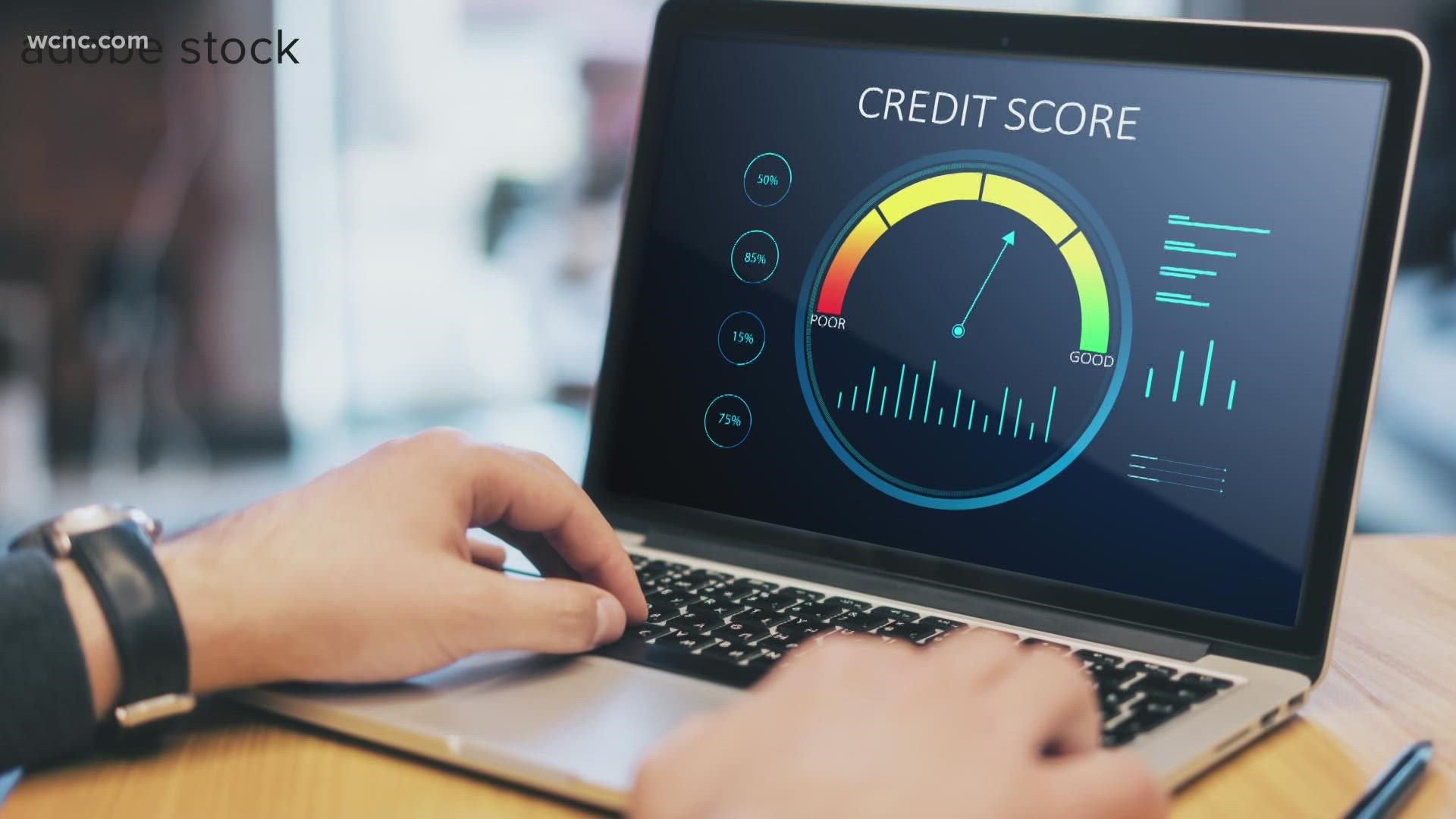Your credit score can be checked by using online services or requesting a report from credit bureaus. Checking your credit score is important as it affects your ability to obtain loans, credit cards, and other financial opportunities.
Understanding your credit score allows you to identify areas for improvement and take steps to increase it. By keeping track of your credit score, you can ensure that it accurately reflects your creditworthiness and make informed financial decisions.

Credit: midwestcommunity.org
Understanding Credit Scores
A credit score is a three-digit number that plays a crucial role in your financial life. It gives lenders a snapshot of your creditworthiness and helps them make a decision about whether to approve your loan application. Understanding how credit scores are calculated and why they are important can empower you to take control of your financial well-being.
What Is A Credit Score?
A credit score is a numerical representation of your creditworthiness. It is a measure of how likely you are to repay your debts based on your past financial history. The higher the score, the better your chances of getting approved for loans and credit cards with favorable terms. Credit scores typically range from 300 to 850, with higher scores indicating better creditworthiness.
How Is A Credit Score Calculated?
A credit score is calculated using various factors, although the specific calculation may vary slightly depending on the credit bureau or scoring model used. The most common factors include:
- Payment history: Your track record of making timely payments on loans and credit cards.
- Credit utilization: The amount of credit you have used compared to your available credit limits.
- Length of credit history: The length of time you have been using credit accounts.
- Credit mix: The different types of credit accounts you have, such as credit cards, mortgages, and loans.
- New credit: The number of recently opened credit accounts and credit inquiries.
Each factor carries a certain weight in the calculation, and the overall formula is designed to predict the likelihood of future credit risk based on your past behavior.
Why Is A Credit Score Important?
A credit score is important because it affects your ability to secure credit and loans at favorable terms. Lenders use your credit score to assess the level of risk they are taking by lending you money. A high credit score not only increases your chances of loan approval but also helps you qualify for lower interest rates and better loan terms. On the other hand, a low credit score may lead to higher interest rates, limited borrowing options, and even denial of credit.
Additionally, credit scores are not just used by lenders. Landlords, insurance companies, and prospective employers might also check your credit score to evaluate your financial responsibility and reliability.
Now that you have a basic understanding of credit scores, it’s important to monitor your score regularly and take steps to improve it if necessary. By doing so, you can position yourself for greater financial opportunities and more favorable terms in the future.

Credit: www.wcnc.com
How To Check Your Credit Score
When it comes to managing your finances, checking your credit score is an essential step towards maintaining a healthy financial profile. Your credit score is a numerical representation of your creditworthiness, and it plays a crucial role in determining whether lenders will approve your loan applications, as well as the interest rates you may qualify for. In this article, we will explore different methods that you can use to check your credit score, providing you with the knowledge and resources you need to stay on top of your financial health.
Credit Reporting Agencies
One of the primary ways to check your credit score is through credit reporting agencies. These agencies gather information about your credit history from various sources and use it to calculate your credit score. The three major credit reporting agencies in the United States are Equifax, Experian, and TransUnion. To access your credit score through these agencies, you can visit their websites and sign up for an account. Once logged in, you can view your credit score, as well as detailed credit reports that provide insights into the factors influencing your score. It’s important to note that each agency may have its own scoring model and may provide slightly different scores.
Free Credit Score Websites
If you prefer a more straightforward approach, there are free credit score websites that allow you to check your credit score without any charges. These websites usually partner with credit reporting agencies or other financial institutions to provide you with access to your credit score. To use these websites, you typically need to create an account, verify your identity, and answer some security questions. Once you have completed these steps, you can instantly view your credit score and sometimes even receive alerts when there are changes to your credit report.
Using Credit Monitoring Services
Credit monitoring services offer an all-in-one solution for managing your credit health. These services not only provide you with access to your credit score, but they also monitor your credit report for any suspicious activity or potential errors. By subscribing to a credit monitoring service, you can receive regular updates about changes to your credit report, such as new accounts opened in your name or inquiries made by lenders. Additionally, some services may offer identity theft protection and insurance, providing you with added peace of mind.
Checking Through Your Bank Or Credit Card Companies
If you prefer convenience and already have a banking relationship, your bank or credit card company may offer you access to your credit score. Many financial institutions now provide credit score services as a value-added feature for their customers. This allows you to access your credit score directly from your online banking or credit card account, eliminating the need to sign up for separate services. Simply log into your account, navigate to the credit score section, and you should be able to view your credit score along with additional details and insights.
In conclusion, there are several ways to check your credit score, allowing you to stay informed and proactive about your credit health. Whether you choose to utilize credit reporting agencies, free credit score websites, credit monitoring services, or your bank or credit card company, regularly checking your credit score is a vital step towards managing your finances and achieving your financial goals.
Improving And Maintaining A Good Credit Score
Having a good credit score is essential for financial stability and access to favorable borrowing terms. It not only enables you to secure loans and credit cards easily but also helps you get better interest rates. Improving and maintaining a good credit score requires consistent effort and diligence. Here are some key strategies to help you in this endeavor:
Paying Bills On Time
Paying your bills on time is crucial for maintaining a good credit score. Late or missed payments can have a significant negative impact on your creditworthiness. To ensure you never miss a payment:
- Set up automatic payments for bills such as utilities and subscriptions.
- Create reminders on your phone or calendar for other bills.
- Keep track of due dates to avoid any late payments.
Managing Credit Utilization
Credit utilization refers to the percentage of available credit you’re using. It is advisable to keep your credit utilization below 30% to maintain a good credit score. Here’s how you can effectively manage your credit utilization:
- Pay off credit card balances in full each month to minimize the utilization ratio.
- If necessary, consider increasing your credit limits to lower the utilization percentage.
- Avoid maxing out your credit cards, as it can negatively impact your credit score.
Keeping Credit Accounts Open
It may be tempting to close old or unused credit accounts, but doing so can actually harm your credit score. Here’s why:
- Closing accounts reduces your total available credit, which can increase your credit utilization ratio.
- Length of credit history plays a role in determining your creditworthiness, so keeping older accounts open can positively impact your score.
- Having a diverse portfolio of credit accounts, such as credit cards and loans, can also improve your credit mix and positively affect your score.
Regularly Reviewing Credit Reports
Reviewing your credit reports regularly allows you to identify any errors or discrepancies that may be impacting your credit score. Follow these steps:
- Request a free credit report from each of the three major credit bureaus annually.
- Carefully review the reports for accuracy, including personal information, account balances, and payment history.
- If you find any inaccuracies, promptly dispute them with the respective credit bureau to have them corrected.
Regularly monitoring your credit reports keeps you informed about your credit standing and helps you take action if there are any issues affecting your score.

Credit: www.kiplinger.com
FAQ For Checking Credit Score
Why Is It Important To Check Your Credit Score?
Checking your credit score is important because it helps you understand your financial health and eligibility for loans or credit cards. It can also detect errors or fraudulent activity that may impact your creditworthiness.
How Often Should I Check My Credit Score?
It is recommended to check your credit score at least once a year to monitor any changes that may affect your financial standing. Additionally, checking before major financial decisions like buying a house or applying for a loan is advisable.
What Factors Affect My Credit Score?
Several factors can impact your credit score, including payment history, credit utilization, length of credit history, types of credit used, and new credit applications. Each factor has a different level of influence, so it’s important to manage them wisely.
Conclusion
Checking your credit score is an essential step towards financial well-being. By regularly monitoring your score, you can identify potential errors or fraudulent activity, allowing you to take immediate action. Additionally, understanding your credit score enables you to make informed decisions when it comes to borrowing money or applying for credit.
Ultimately, taking control of your credit score empowers you to build a solid foundation for a secure financial future.
